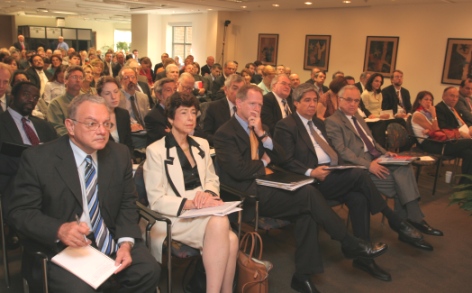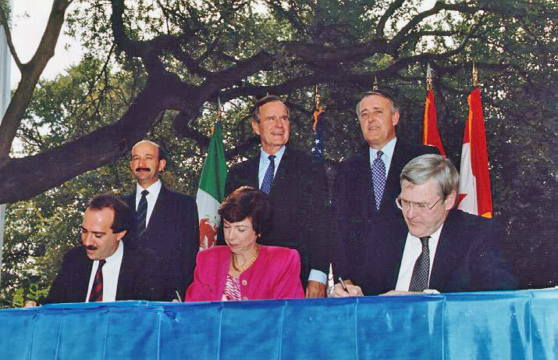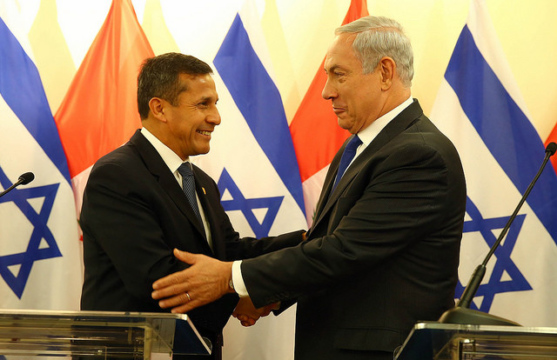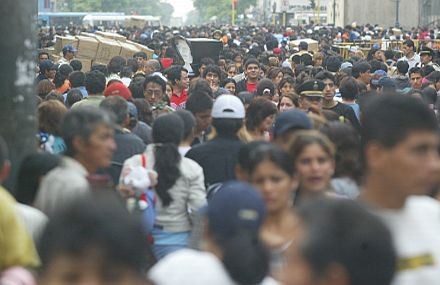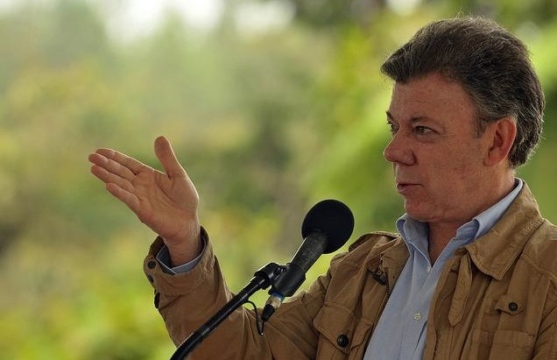Dilma Rousseff’s Approach to Chinese Competition
Brazil must take steps to move up the value chain and avoid a middle income trap.
Brazil must take steps to move up the value chain and avoid a middle income trap.
While Mexico’s oil and gas reform has stolen the limelight, the electricity reform is more critical to the country’s economic growth.
While the amount of remittances to Cuba appears to have declined moderately, they still represent at least one half of the total income of Cuban households.
Is the TPP on track to complete a framework in 2012, as planned?
With no access to the sea and just a fraction of the continent’s economic output, Paraguay will have to play by its neighbors’ rules for the time being.
Trade between the US and Latin America and the Caribbean has continued to grow in the face of global economic volatility.
Today’s economic relationships look much different than they did even a decade ago.
Colombia has to remain competitive with other major producers such as Mexico to attract needed investment in extractive industries.
Market consolidation and increasing competition are two of the largest trends currently observed in the money transfer industry.
The annual CAF conference brings together more than 250 people to discuss hemispheric affairs.
How significant of a priority should strengthening NAFTA be as compared to other trade agreements?
Colombia’s government and the FARC rebels on Aug. 24 announced they had reached final agreement on historic peace accords following nearly four years of talks in Havana. Although Colombian voters must approve the deal in a nationwide referendum set for Oct. 2, the government says a “peace dividend” could add a percentage point or more to the country’s gross domestic product.
What is behind increasing engagement between the Middle East and Latin America?
Trade policy and economic integration are once again emerging as priority issues in inter-American affairs.
After winning a second term, the hard work now begins for President Juan Manuel Santos.
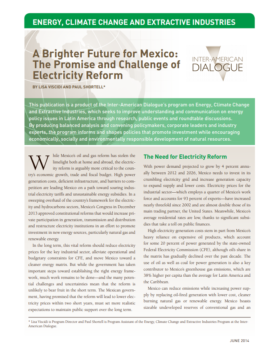
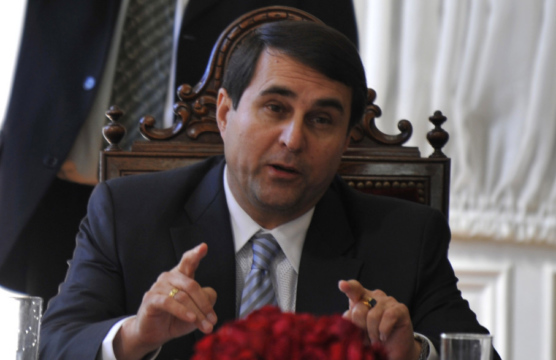
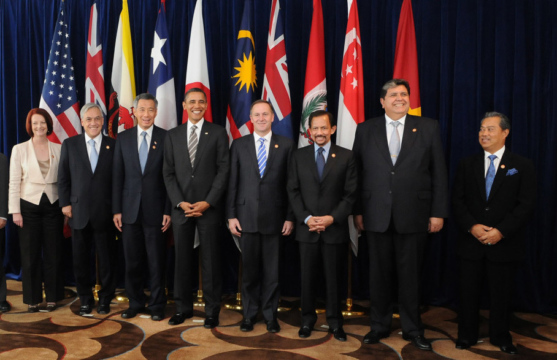
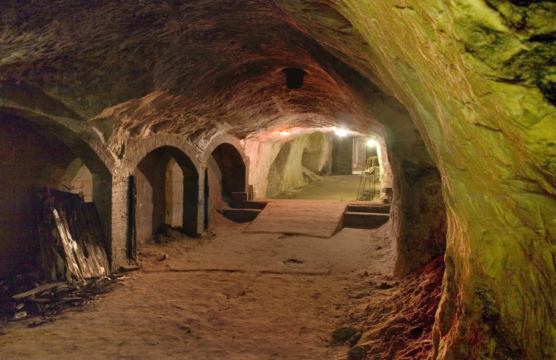
 Video
Video
